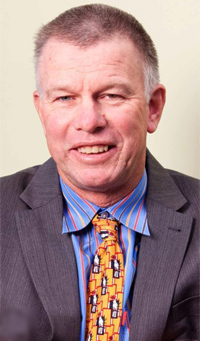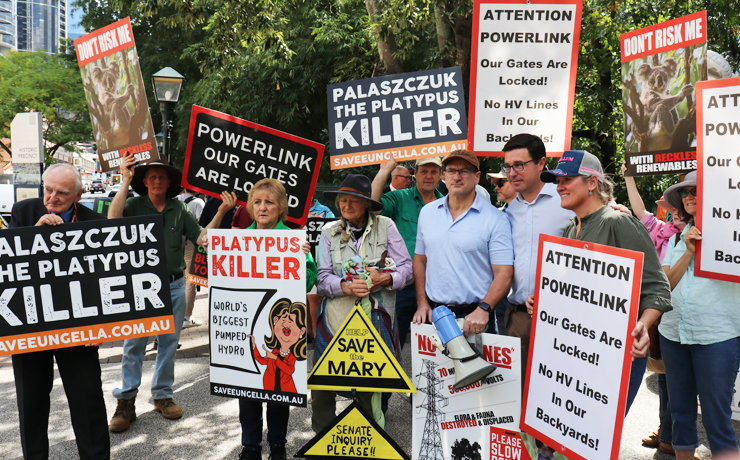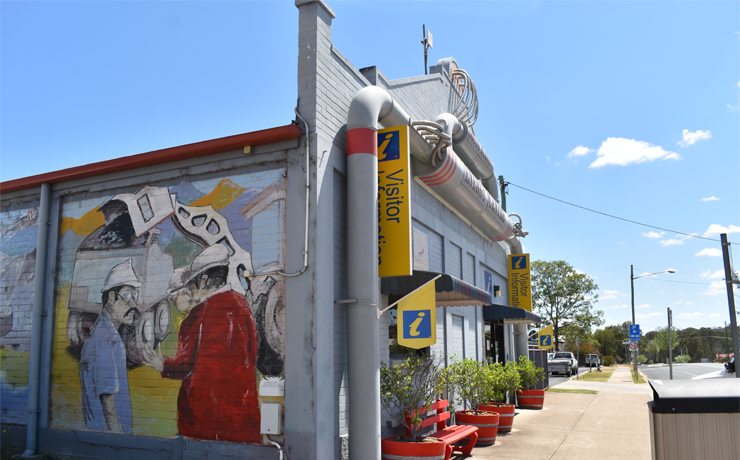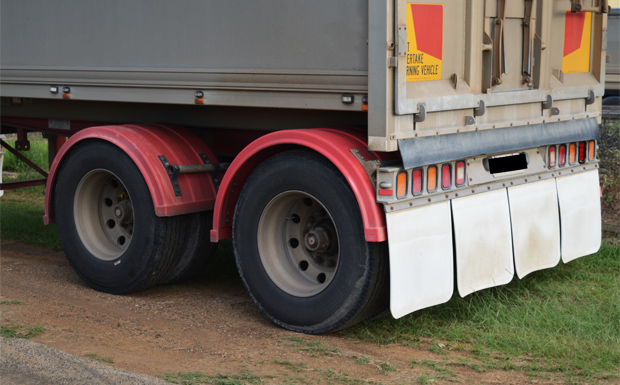
March 1, 2018
The announcement by the Queensland Competition Authority on Wednesday not to pass on network electricity price savings to farmers and other businesses on transitional and obsolete tariffs has been slammed as “a betrayal of rural and regional communities”.
The Queensland Farmers’ Federation (QFF) says rural areas are at a breaking point from unsustainable price increases.
“While the price drop for regional households and some small business is good news, is does nothing to relieve Queensland’s highly productive intensive farming businesses,” QFF president Stuart Armitage said.
“The QCA claims that specific tariffs for some small businesses and irrigators are not cost-reflective and therefore ineligible to receive the small price relief. (The) QFF challenges this.”
“It must be demonstrated how these tariffs are not cost-reflective, particularly in light of the price decreases proposed for other industry sectors. Reasoning like ‘network congestion’ has been proven not to be true.”
“It is disappointing that despite QCA acknowledging that Ergon’s network charges and generation costs are declining, this would not be passed on to farmers on irrigation tariffs.
“It seems that the Queensland Government has picked its winners, and it is not irrigated agriculture.
“Irrigation electricity tariffs in Queensland have risen a minimum of 136 per cent over the past decade, and for some more than 200 per cent, while CPI has increased by just 24 per cent over the same period.
“The number of irrigating farm businesses in Queensland has fallen by more than 42 per cent since 2009-10 to just 5416 in 2015-16. A major contributor to this decline has been the cost of electricity.
“Government must act to deliver price relief now and offer suitable tariffs for the future or broader consequences like exports and local supply will be impacted.”
The QFF says that according to Queensland Productivity Commission data, there are around 35,000 customers in regional Queensland on tariffs classified as transitional or obsolete.
It says more than 35 per cent of them will face bill increases of more than 50 per cent when they are forced on to standard tariffs in mid-2020.























